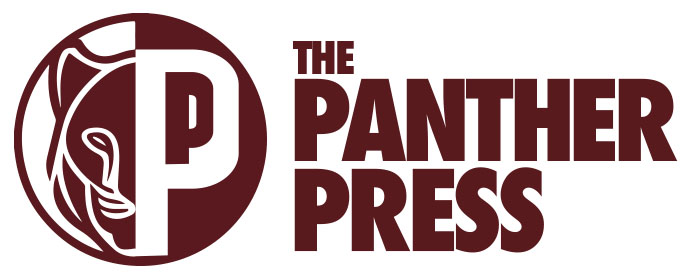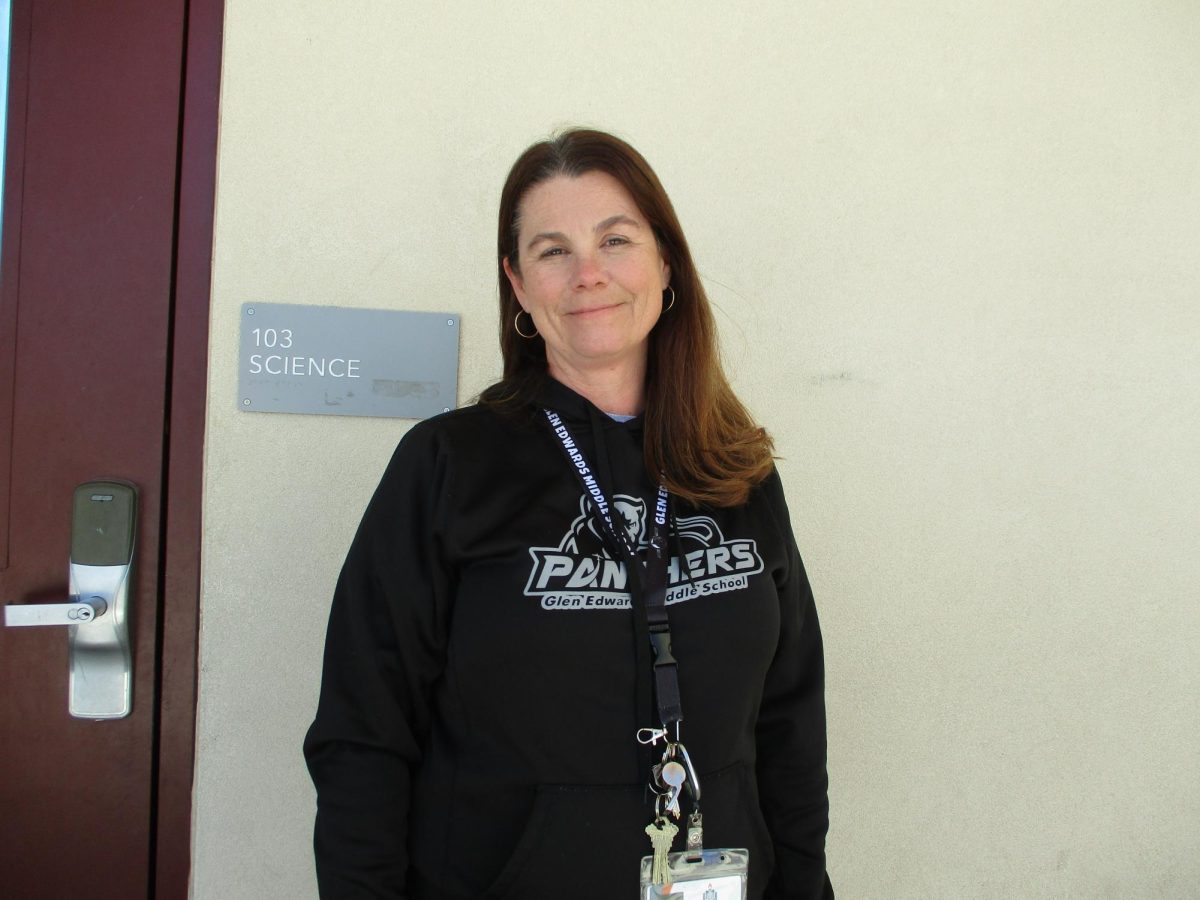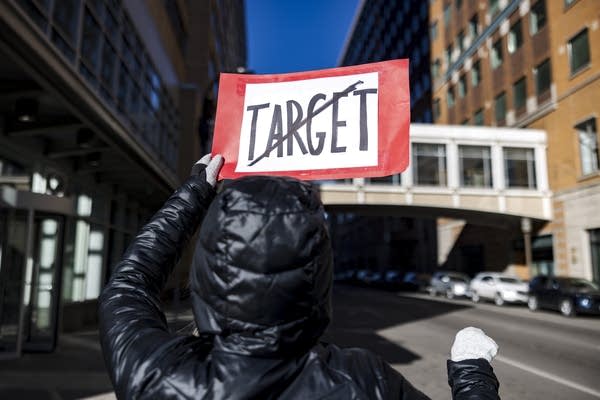In 2025, Target faced significant protests after scaling back programs that supported diversity, especially those benefiting employees of color and businesses owned by people of color. This decision upset many customers and community members, leading to a 40-day boycott. Supporters of the protest wanted Target to continue these important programs, viewing them as essential steps toward equity in the workplace and the marketplace. The protest highlighted how vital it is for companies to support all communities fairly and consistently.
Many people are currently refusing to shop at Target as part of the boycott, expressing disagreement with the company’s perceived shift away from racial justice. The issue gained even more attention after political leadership changes. President Donald Trump, during his time in office, issued an executive order aimed at ending what he called “illegal DEI and diversity, equity, inclusion, and accessibility” initiatives. This action had ripple effects across corporations, some of which adjusted their policies in response to shifting political pressure.
In Target’s case, the backlash shows how quickly public trust can be challenged when a company’s actions don’t align with its stated values. Whether the issue is wage fairness, diversity, or ethical business practices, customers are increasingly holding businesses accountable. What’s powerful about these protests is their ability to bring attention to larger systemic issues and potentially drive real, lasting change.
This situation also underscores the importance of supporting local and minority-owned businesses. Unlike large corporations, local businesses often represent a closer connection to community values and needs. When communities rally around small businesses, they contribute to an ecosystem where both employees and business owners can succeed in a mutually supportive environment.
To sum it up, the boycott against Target is about more than one company’s decisions—it’s about justice, equity, and community values. People are standing up for fair treatment and inclusion, reminding us that successful businesses should strive to uplift all people. It’s all about finding balance: running a business effectively while respecting workers, supporting diversity, and giving back to the communities they serve.
Panther Press serves as the voice of the journalism students at Glen Edwards Middle School. The views on this site do not reflect the views of WPUSD or the admin at GEMS. Our goal is to promote student expression and provide a platform for diverse voices and viewpoints within our campus community.































